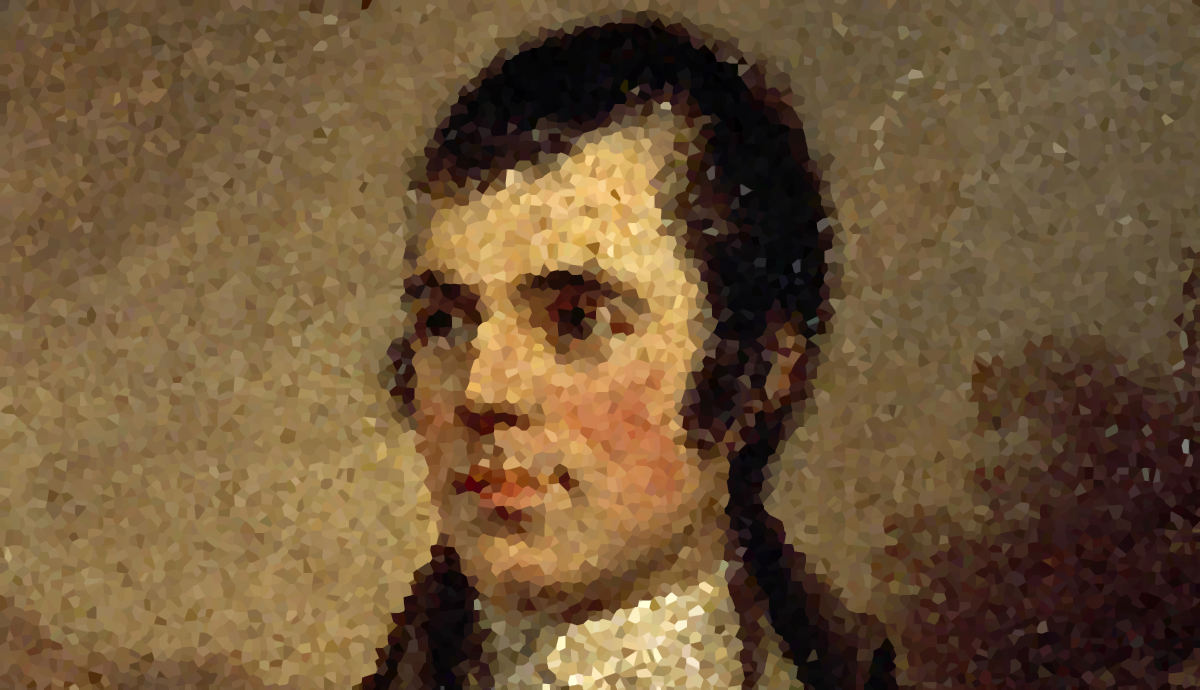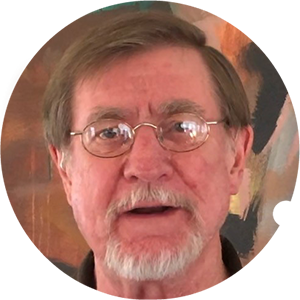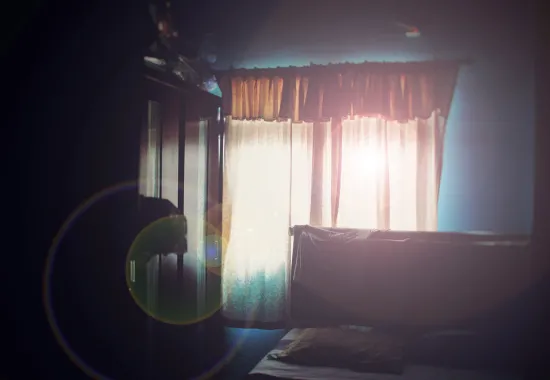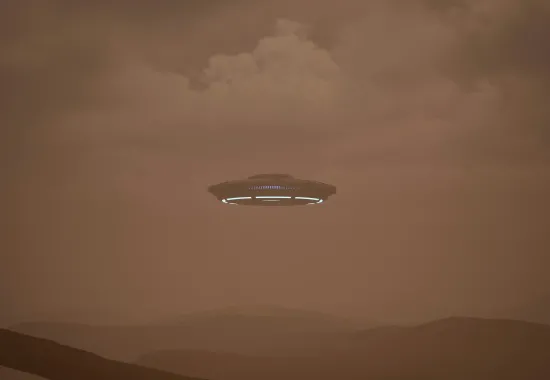From Scotland to Kansas—A Diaspora
Recovering 1: Here Stuarts once in glory reigned
My grandmother, Elizabeth Alice Carson, was born in 1890, in Quincy, Massachusetts. Her father Thomas Carson was listed on her birth record as “Granite Cutter.” He had emigrated to America at the age of 20 (1877), settling first in Maine, then in Massachusetts. In 1885, he married Jeannie (or Jennie) Rowan, also born in Scotland. They had three children. The young family moved to Barre, Vermont, another stone-cutting town, in 1895.
Elizabeth was steeped in poetry and music, receiving her certificate in the Music Course of Study from the Goddard Seminary (Barre) in 1908. She graduated from the Spaulding Graded School in 1910. Her future husband, Harry Weston Averill, graduated from the same school in the same class.
The Spaulding School, erected in 1891, now houses the Vermont Historical Society Research Center. In front is a statue of Robert Burns, placed in 1899, that my grandparents passed by each day. The poet stands on a six-foot granite pedestal; he is young, collar open, sleeves rolled up, a coat folded over one arm. The four sides of the pedestal show the Burns Cottage, the ploughman turning up the mouse, the witch Nannie at the keystain o’ the brig’ o’ Doon reaching for the tail of Tam O’ Shanter’s fine mare Meg, and a family at the table reading from the Bible. Lines from “To a Mouse,” “Tam O’ Shanter,” and “A Cotter’s Saturday Night” underscore the poetic tableaux.
After high school, my grandmother taught elementary school. Her father, Thomas Carson, died in December of 1917. Attending the funeral, according to the Barre paper, was his son, “Chief William Carson, stationed on the U.S.S. Baltimore,” his daughter, Mrs. Francis Vigneault, living in Montreal, and “Miss Elizabeth A. Carson, a teacher in the public school of Barre.”
My grandfather, Harry Weston Averill, also lost a parent in 1917. After Spaulding Graded School, he attended the University of Vermont, where he was a middling student. Based on a letter written to him by his father Linley, he was given to depression. From June 12, 1913: “I guess by your last letter that you have got the blues in good shape. I know what it is myself, and there is not any use of it at all. You are young and strong and must look on the bright side of the world.” Linley continues with fatherly advice, the bromides of his time: be thankful for the chances you have; cultivate a happy disposition; there is work in the world for all good men. Linley moved that same year to Alta, California, with his ailing wife Frances, to manage a sanitarium. Harry joined him in 1914. Harry’s sister Ann and brother Wendell also moved to Sacramento, where both Harry and Wendell worked for the Sacramento Bee. Their mother, Frances Bigelow Averill, died in June of 1917.
Two months later, on August 7, Harry wrote to Elizabeth. The letter refers to previous correspondence. He has enlisted in the Army and mentions the years of toil and trouble each has endured. He then proposes marriage, making what is surely a miswritten declaration: “Really believe that we would be prepared now to live a happy and contended [sic] life.” Nothing could have more accurately predicted their future.
They married in Montreal, at the home of her sister, in July 1918. Harry was on a week’s leave from Camp Grant in Rockford, Illinois. On July 10 Elizabeth wrote to Harry’s father, declaring her happiness in having a “Dad” now. She confesses that she and Harry decided to marry “at short notice and have done it very quietly.” She stayed in Canada, and their first child, Weston, was born in Montreal on May 29, 1919. Harry was in France, where he served from November of 1918 to July of 1919. Honorably discharged, moved with Elizabeth and Weston—one letter suggests he was awkward with the new baby—to California.
Five years later, on May 31, 1924, my father was born in Dixon. In a November letter, Linley includes a check, writing his son, “I realize with much pleasure your part in keeping our branch of the ‘Averill Tree’ in existence.” Harry’s sister Ann never married. His brother Wendell married but had no children. His sister Ruth Flechtner had children after 1924.
In 1926, Harry left the family. He was in and out of Veteran’s Hospitals. Ten years later Elizabeth sued to become his Guardian. The “First Annual Account of Guardian” shows my grandfather’s status: “Harry Weston Averill, an incompetent person.” My father lost his father. But he also lost the mother who played piano and read Robert Burns to him. She became the postal clerk of Dixon, a central valley town, population under 1,000. Stu described his grass-widowed mother as cold and depressed, and who wouldn’t be, given a husband’s depression, the Great Depression, and such distance from family in Canada and Vermont. Still, Grandmother was active in her Dixon Community Church, the Order of the Eastern Star (Post Matron), the PTA and the PEO (Philanthropic Educational Organization). She had numerous friends and was alert and energetic on her visits to Kansas.
She was not expressing, but reconnecting, reclaiming her Carson past, her Scottishness, her love of Scotland’s poetry and music.
In April 1960, at age seventy, she visited Topeka, writing, “Spent a lovely weekend at Tucker and Stuarts with their fine family.” She was embarking on a European tour. In June, she left London on an excursion bus, traveling to the Lake District and Scotland. In her small white journal, the cover embossed with the words “My Trip,” she writes with delight, appreciation, and insight. In Stirling, she stayed at the Golden Lion Hotel and copied from a plaque on the wall: “In this Hotel in the year 1787 Robert Burns wrote the following lines on the glass of a window.” She transcribed the poem.
Burns etched the “Stirling Lines” on his second-floor bedroom window to lament the state of Stirling Castle:
Here Stuarts once in glory reigned,
And laws for Scotland’s weal ordained;
But now unroof’d their palace stands,
Their sceptre’s sway’d by other hands.
Fallen indeed, and to the earth
Whence groveling reptiles take their birth.
The injured Stuart line is gone,
A race outlandish fills their throne;
An idiot race, to honour lost;
Who know them best despise them most.
Grandmother also copied Burns’ retraction:
Rash mortal, and slanderous poet, thy name
Shall no longer appear in the records of Fame;
Dost not know that old Mansfield, who writes like the Bible,
Says, the more ‘tis a truth, sir, the more ‘tis a libel!
That same year, in another form of retraction, Burns returned to the Golden Lion and shattered the windowpane with his riding crop.
Grandmother also visited Edinburgh, the Royal Mile, and notes The Writer’s Museum, which celebrates Stevenson, Scott and Burns. Most importantly, she connected with Scottish relatives who had moved from Dalbeattie to northern England. Her visit proved legend in the family:
Passed through lovely lake country through Coniston Village where Ruskin was buried—Ambleside-Grasmere on a beautiful lake-and visited William Wordsworth “Dove Cottage”… towards Keswick (where my father’s sisters used to live) up to Bowder Stone (a great mass of rock had fallen from crags above) & visited Bowder Stone House, the home of Aunt Jessie for 30 yrs. Now a cousin Frank Pepper & wife live there. … Visited with her for an hour and found out much about my father’s family.
Upon her return home, she spoke of seeing photographs of cousins and aunts and uncles, even some of herself as a child. Eerie, she said, to inhabit two places: her life as she’d lived it, but also her photograph on the mantle of the family left behind, hinting at what might have been. She had felt, suddenly, at home. She was not expressing, but reconnecting, reclaiming her Carson past, her Scottishness, her love of Scotland’s poetry and music. As my father re-told her story, though, he moved her experience of reconnection from Northern England to Scotland, near Dalbeattie, the town her father had left over 100 years before.
Elizabeth’s 1960 return to her Scottishness may well have influenced my father toward his own return, through Robert Burns, around 1962. My grandmother recovered her family’s past, and she seems happy in her journal. Her son Stuart did the same. Though Elizabeth’s diary makes no mention of visiting Dalbeattie, my father, twenty years after his mother’s trip, would include a pilgrimage there, hoping to imitate his mother’s experience, though it was one she never had there. He even wrote a letter to relatives who had visited Scotland, asking how he might find kin in Dalbeattie.
Elizabeth Alice Carson Averill died in March of 1978. After listing her affiliations in town, her obituary in the Dixon Tribune says, “More important, Mrs. Averill was a charming lady and loved by many.”
Recommended
I Have Only Dreamed You Dead, For Now.
Encounter
Schizophrenic Sedona






